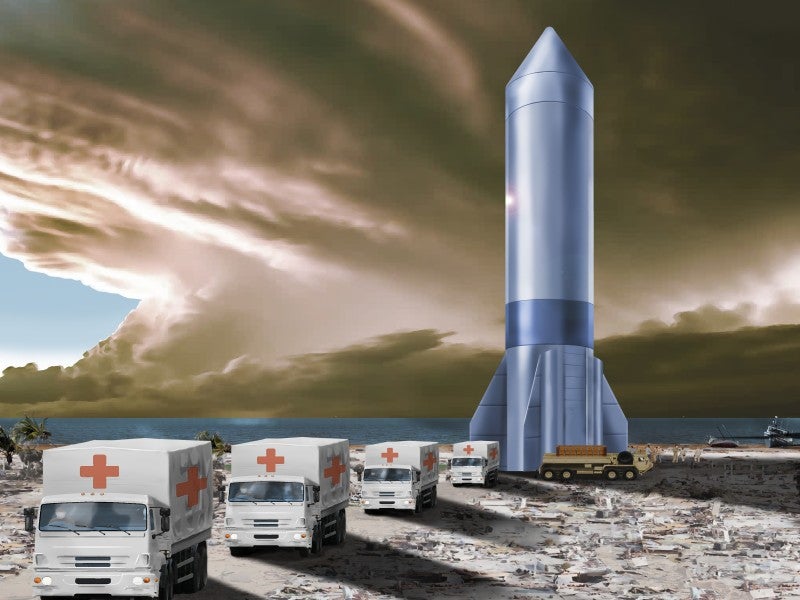
The US Air Force (USAF) has awarded a contract to Raytheon BBN for the development of a rocket cargo mission planning and command-and-control (C2) system.
The new contract has an estimated potential value of approximately $8.7m and a performance period of more than four years.
The contract has been awarded as part of the USAF’s 2030 Science & Technology Strategy’s transformational science and technology initiative.
As part of the initial work, Raytheon will develop a mission planning and C2 system, design cognitive engineering-based advanced human-machine interfaces, as well as identify and build the primary workflows and processes of rocket cargo.
Raytheon will also provide solutions to mission-planning and C2 stakeholders for addressing available gaps in processes, knowledge and organisations by identifying coordination points in the new system.
Work will be carried out across different locations in the US, including Cambridge, Massachusetts; Stanford and Mountain View in California; Asheville, North Carolina; Fort Wayne, Indiana; and Austin, Texas.
Raytheon BBN project principal investigator Beth DePass said: “The tool we create must enable the USAF to plan, coordinate and conduct a rocket cargo mission within hours.
“Although the cargo would initially be pre-packaged and stored at the launch site for rapid loading, there are still tremendous challenges with how the Department of Defence will safely load, launch and deliver under very tight timing constraints.
“We will be taking into consideration pre-flight testing, weather conditions, launch approvals and many other variables, to deliver that cargo precisely where it’s needed, when it’s needed, faster than current delivery methods.”
According to the company, the success of this new system will majorly depend on the careful design and development of C2 processes, tools and complex collaborative planning across government and commercial organisations.



